Tuesday, May 03, 2022 / 4:00 PM / by Bukola Akinyele-Yisau for WebTV / Header Image Credit: Getty
Islamic finance has evolved from the 1960s and 1970s into an alternative strategic system adopted for economic development in nations like Malaysia, Saudi Arabia, UAE and Indonesia post the 2008 global financial crisis.
According to Muslims Scholars, the objective of Islamic Finance is to address humanity's problems, stemming from the inherent challenges in capitalism.
Understanding Islamic Finance
Islamic Finance is a historic and long-established financial transaction system involving all forms of economic assets that complies with the Islamic law (Shariah) principles and guided by the Islamic economic principles. Its objective is based on fair distribution of resources and social justice.
According to a report by the International Monetary Fund, Islamic banking and Finance have witnessed significant growth across the globe, as the total asset of Islamic Finance is now about $2.9trn. It is operational in more than 100 countries cutting across Africa, Europe, Australia, and North America.
The Islamic finance industry has seven significant components, with Islamic Banking as the critical segment. 81% of the Islamic finance industry assets belong to Islamic banking, followed by Islamic Capital Market, Takaful, Microfinance, Islamic indices, Ijarah Mudarabah companies, Islamic social Finance and Islamic fintech.
Global Adoption of Islamic Finance
Scholars believe the Islamic banking and finance industry is emerging by all indications in different continents and showing a solid market from Malaysia to Indonesia and the new emerging markets in Africa and Central Asia.
In Africa, Nigeria, Senegal, Gambia, Ivory Coast, Burkina Faso, and some other countries are emerging as markets for Islamic Finance, while in North Africa, Morocco, Algeria, and Tunisia have a good indicators for Islamic banking and finance.
East Africa, Kenya, Tanzania, Uganda, and Ethiopia are emerging Islamic finance hubs, while South Africa already has a good indicator. The key markets are Central Asia, Uzbekistan, Pakistan, Kazakhstan, and Kafiristan.
Europe has Germany, Italy, France, and the United Kingdom as nations at the forefront of the adoption of Islamic Finance.
Islamic finance experts acknowledged that there are limitations in South America. While in North America, there are 53 Islamic financial institutions, with Canada leading in the adoption alongside Islamic mortgage companies and other Islamic capital market products.
Islamic Finance also includes equity-based, asset-backed, ethical, sustainable, and socially responsible types of financing, which promotes risk sharing, connects the financial sector with the real economy, and emphasizes financial inclusion and social welfare in the economy.
Islamic Finance prioritizes sustainable growth, development and wealth sharing in the society.
Key Principles of Islamic Finance
- Prohibition of interest (Riba). which means an excess or increase on the loan transaction
- Avoidance of Gharar
- Proscription against selling assets without first owning them (short sales)
- Makes Provisions for returns with risk
- Discourages unnecessary borrowing
- Extends repayment time for debtors in distressed situations
- Encourages sharing and cooperation etc.
- Investments relating to alcohol, drugs, gambling, weapons, or other activities prohibited by shariah and not permitted.
Key Islamic Finance Instruments
- Murabahah: It is working capital finance that is cost-plus financing in a situation where the seller reveals the cost of a commodity and the amount of profit to be charged Both the seller and buyer agree to the cost and mark up of the asset at inception.
- Musharakah (Joint venture/partnership): In which partners share in the profits and losses of a company according to a pre-determined ratio.
- Wakalah (Investment Deposit): Is an instrument used by the depositors to invest their funds in ethical businesses for profit-making at expected profit rate over the agreed period of the investment
- Ijarah: Ijarah also known as Leasing is an agreement that permits one party (the lessee) to use an asset or property owned by another party (the lessor) for an agreed-upon price over a fixed period.
- Istisna- (Project financing/construction) - This instruct is available to potential customers of the bank who will request the bank to finance their projects.
- Sukuk: Sukuk, is a certificate like an Islamic bond, which one can invest in and earn profit rather than interest.
- Takaful: Takaful is commonly referred to as Islamic insurance; this is due to the apparent similarity between the contract of kafalah (guarantee) and that of insurance. It’s a type of Islamic insurance wherein members contribute money into a pool system to guarantee each other against loss or damage.
Islamic Social Finance
Islamic Social Finance is a vital mechanism for alleviating global poverty, especially in low-income countries.
Islamic Social Finance Products
- Zakat: Zakat is one of the five pillars of Islam and obligatory for Muslims. It enhances the love between the rich and the poor. Zakat is payable monthly or yearly by calculating your total income and dividing it by 2.5%. Those who have outstanding, including any form of a loan, are ineligible for Zakat; they must be deducted from the overall total before paying it.
- Sadaqah: This is purely voluntary. Sadaqah can be a gift of food rations, clothing garments, and
- Qard-ul-Hassan: Qard-ul Hassan contract is a loan that is not contaminated by Riba. It is for humanitarian and individual welfare purposes.
Challenges facing the Islamic Finance sector
The need to standardize Islamic finance products, digital services, sensitization, improved technical skills and capacity building to broaden the scope of risk sharing and ethical Finance, which are part of the components of Islamic Finance.
How to Address the Challenges and The Prospects for Growth
- There is a need for the government and regulators to provide incentives to drive participation in the Islamic finance market
- There is a need for more market issuances, Islamic friendly products, and Islamic commercial papers
- There is a need for more awareness and market education
- There is a need for capacity building in the capital market for people to understand that it is not only for Muslims but all investors.
- There is a need to enhance liquidity in the market.
 Lagos, NG • GMT +1
Lagos, NG • GMT +1










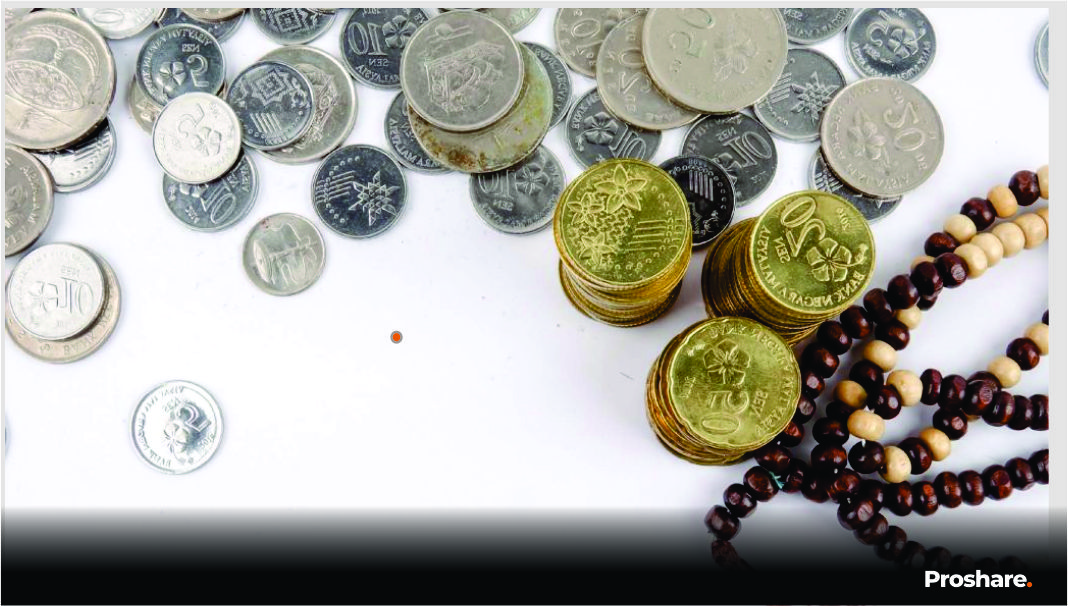
 542 views
542 views
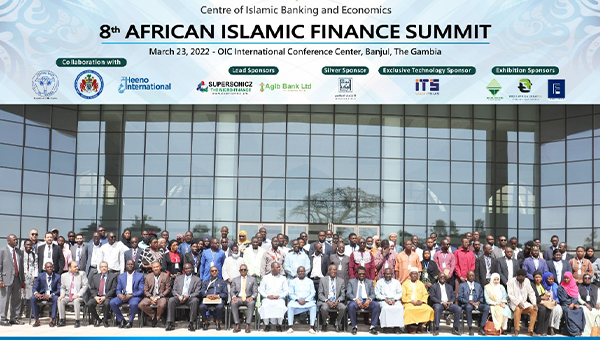
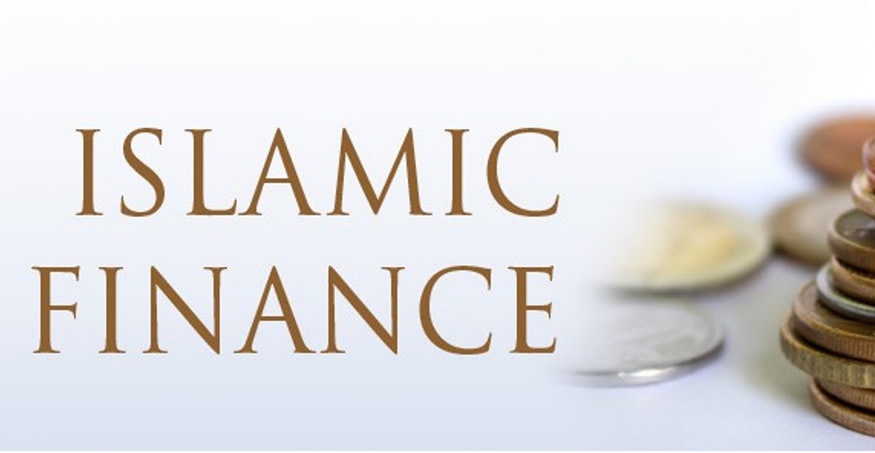
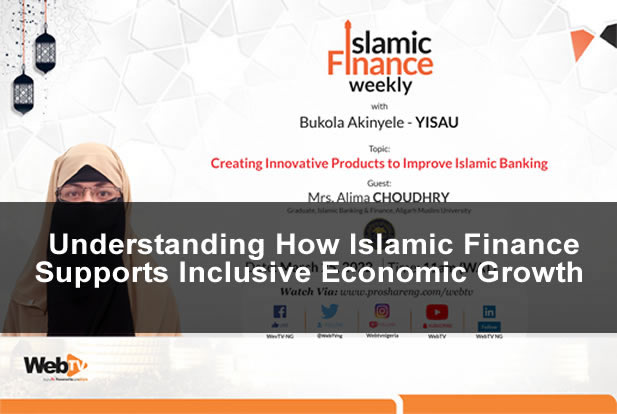
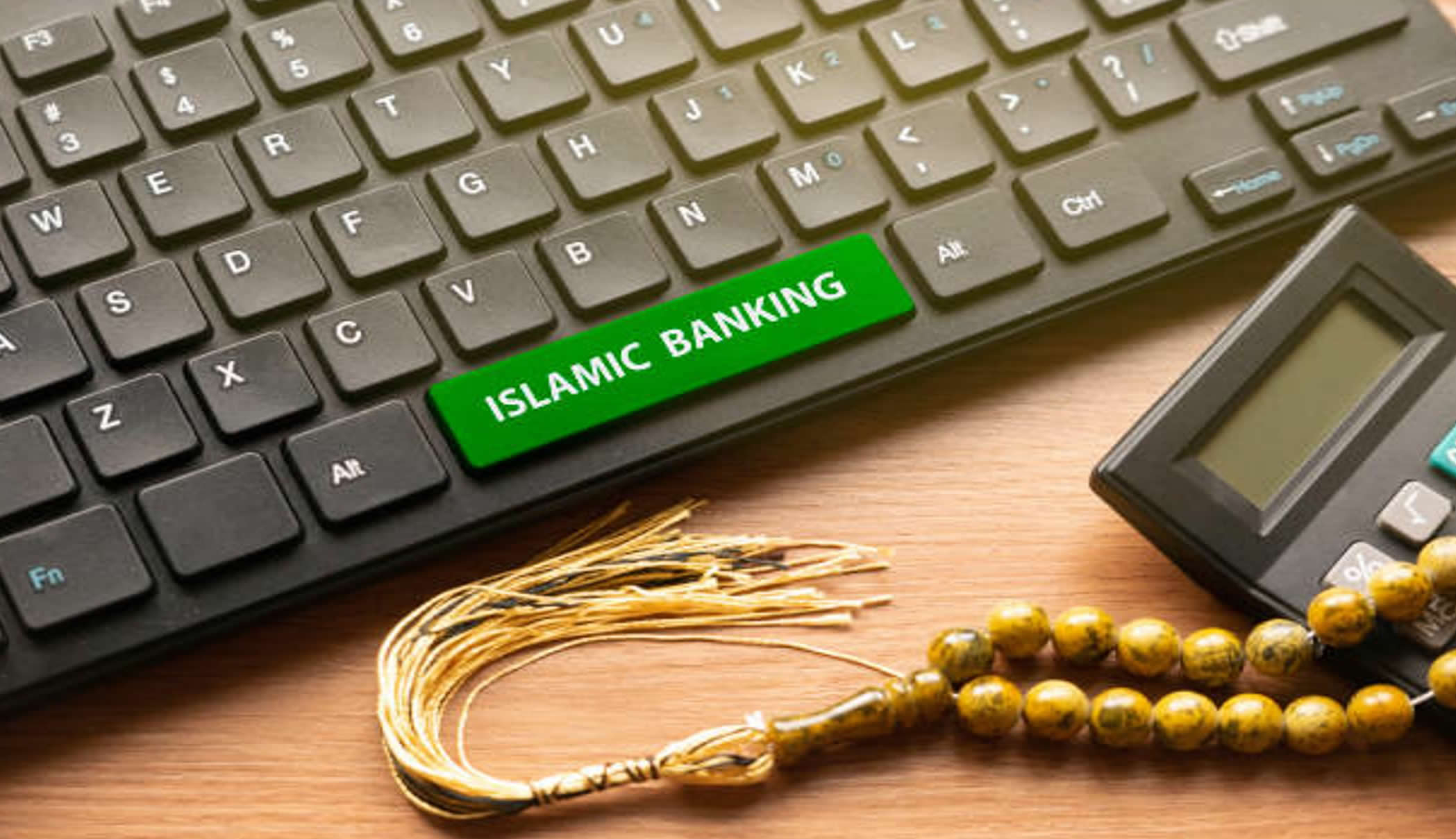






 Sponsored Ad
Sponsored Ad
 Advertise with Us
Advertise with Us









